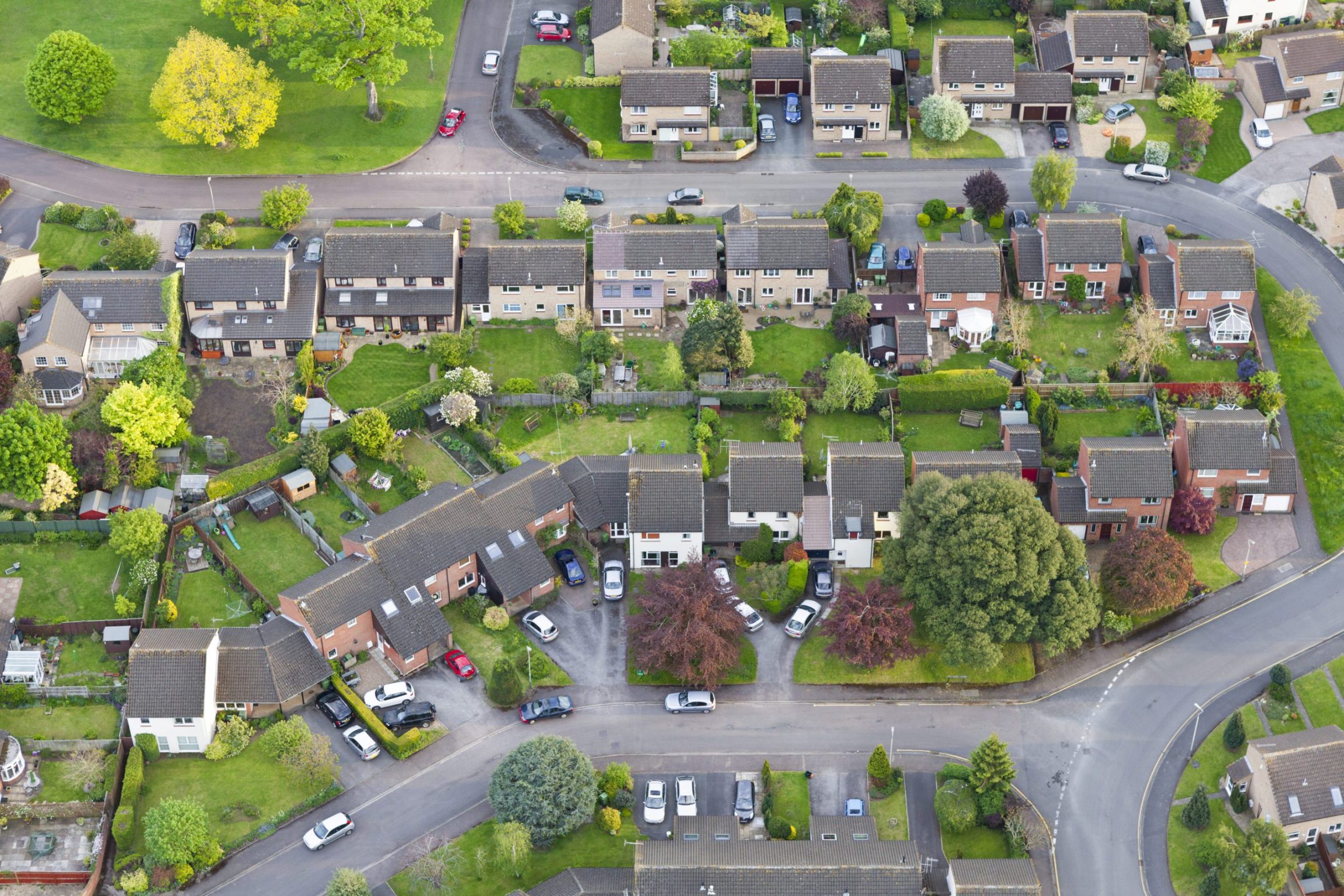Can I get a mortgage on a buy-to-let?
If you are looking to invest in the buy-to-let market, then the good news is that most – if not all – high street banks, mortgage brokers and specialist lenders will have a variety of buy-to-let mortgage deals for you to choose from.
So, whether you are a first-time buyer or an experienced investor with an established portfolio of properties, it is worth shopping around to find the right deal for you.
What salary do you need for buy-to-let?
Most buy-to-let specialist lenders will want to see proof of a minimum annual salary of around £25,000, especially if you are a first-time landlord.
But most mortgage brokers will be more interested in how much rental income buyers stand to make from the rental property.
For example, most lenders will want to see a rental income of 25% to 30% over and above your monthly repayments, although this can vary.
Do you pay stamp duty on a buy-to-let?
Yes, and if and if the property is worth more than £40,000 and the purchase will result in you owning more than one home, then you will also be liable for an additional stamp duty Rate. In England and Northern Ireland, this is a minimum 3% extra charge.
Is it best to pay off buy-to-let mortgages?
For many people, the idea of owning a buy-to-let property with no monthly mortgage payments to deal with is the dream scenario.
If interest rates are lower than mortgage rates, then taking money out of savings to reduce or even pay-off a mortgage can make a lot of financial sense.
But at the same time, having money in the bank during these uncertain times is a useful back-up, should there be an emergency.
Ultimately, it depends on your broader financial position, and you may want to consult a financial adviser for advice.
Can I use my equity to buy another house?
Using equity as a deposit to make your next buy-to-let purchase is more common than you think among property investors, but it could involve re-mortgaging the original property.
If you go down this route, the lender may instruct a valuer to formally establish the present value of your existing property, which will determine exactly how much equity you have to play with.
Alternatively, you could ask your current lender for a further advance on your existing mortgage. Again, the lender may require that your property is formally re-valued.
It is best to speak to a specialist buy-to-let broker, who can help you decide which is the best route for you.
How many payslips do I need for a buy-to-let mortgage?
This may vary from one mortgage broker or specialist lender to another, but typically you will be asked to provide the latest three months’ payslips confirming basic income, along with the latest three full months’, consecutive, bank or building society statements showing basic income.
If you are self-employed, then you will be expected to provide the last two years’ HMRC Tax Year records, showing the full tax liability has been paid and the latest two years tax calculations.
What type of mortgage is a buy-to-let?
Put simply, a buy-to-let mortgage is sold specifically for those who buy property as an investment, rather than for somewhere you want to live yourself. Most lenders will require you to be 21 or over to apply for a buy-to-let mortgage and a good credit score.
Most borrowers take out an interest-only mortgage for their chosen property, which means they only pay the interest each month, but not the full capital amount.
When the mortgage term ends, this means you will repay the capital debt, or the full amount of the mortgage. Often, borrowers might save into an ISA to repay the capital, or they sell the property to pay off the mortgage debt.
Some Buy to Let mortgages are not regulated by the Financial Conduct Authority.




